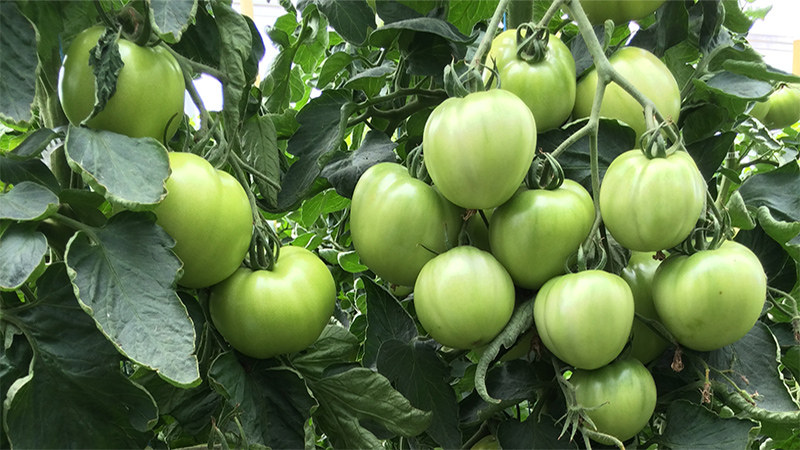USTR Tai Lays Out China Trade Strategy
The U.S. will take a new holistic and pragmatic approach to the bilateral trade agreement with China, which is not fulfilling trade commitments.
During an event hosted by the Center for Strategic and International Studies, U.S. Trade Representative Katherine Tai announced the Biden administration’s short- and long-term strategy, which includes having “frank conversations” with China, investing in U.S. workers and infrastructure, and creating and investing in new technology so the U.S. can maintain a competitive edge.
“We continue to have serious concerns with China’s state-centered and non-market trade practices that were not addressed in the Phase One deal. As we work to enforce the terms of Phase One, we will raise these broader policy concerns with Beijing,” Tai said.
The U.S. China Trade and Economic Agreement, also known as the Phase One trade pact, was negotiated under the Trump administration and expires at the end of this year. The agreement includes purchase commitments for China, among other stipulations.
“I think we’re going to have to have very honest conversations about all the elements of the Phase One agreement. … We need to address where this relationship goes with this as a starting point,” said Tai, who wouldn’t elaborate on the specific shortfalls, adding “it’s not the type of thing USTR likes to put out there.”
Agriculture Secretary Tom Vilsack said during a USDA news conference that China is about $5 billion short of the amount of purchasing they agreed to under Phase One.
As for the agriculture sector, Tai said while the U.S. has seen more exports to China in recent years, the market share is shrinking.
“And agriculture remains an unpredictable sector for U.S. farmers and ranchers who have come to rely heavily on this market,” Tai said. “China’s regulatory authorities continue to deploy measures that limit or threaten the market access for our producers and their bottom line.”
It’s important for the U.S. to diversify market opportunities, Vilsack said.
“There are so many complexities to the Chinese relationship,” Vilsack said. “It’s fair to say that at any point in time, something may impact … this relationship. And so the best way to guard against that is to be upfront and be honest with them, to ask them to live up to their responsibilities under Phase One, and to continue to look for ways in which we can sell product, not just in China, but around the world.”
Asked about rumors of a new Section 301 investigation – a trade enforcement tool – Tai replied, “We will look at all available tools.”
Beyond domestic investments outlined in the proposed infrastructure bills, Tai said the other piece of the strategy is communicating directly with China. While she couldn’t provide a timeline, Tai said she is working on plans to speak with her Chinese counterpart.
“Our objective is not to inflame trade tensions with China,” she stressed, adding the U.S. also will work with allies to encourage healthy competition and fair and open markets.
This story was distributed through a cooperative project between Illinois Farm Bureau and the Illinois Press Association. For more food and farming news, visit FarmWeekNow.com.





